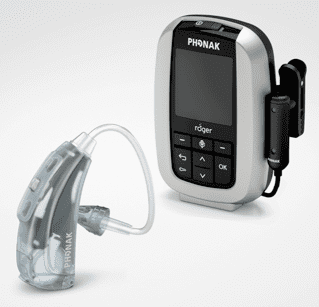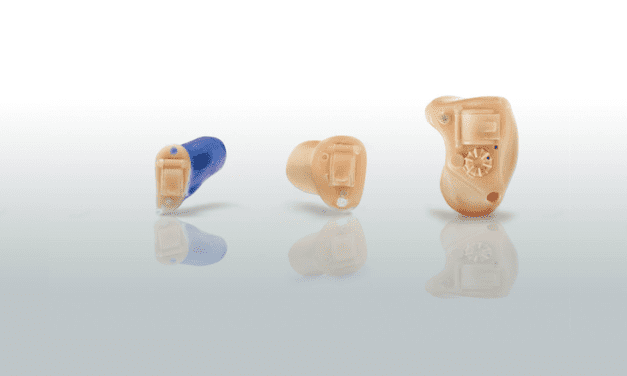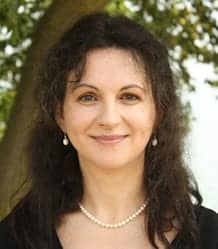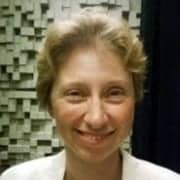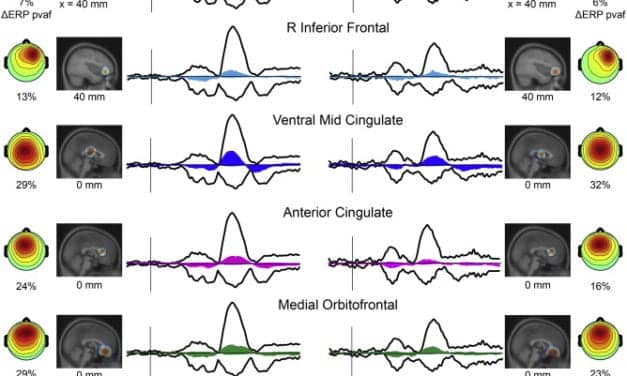Boston Marathon Bombing Survivors Suffer Ongoing Ear and Hearing Problems
A research report from Massachusetts Eye and Ear Institute (MEEI) and Harvard Medical School, outlines the ear and hearing problems suffered by surviving victims of the bomb explosions at the April 15, 2013 Boston Marathon. The research report describes the types of otologic injuries people sustained in the tragedy, and the outcomes of the patients undergoing continued otologic treatment.
Read More

